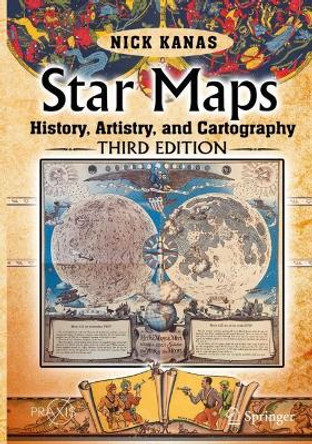Description
This illustrated work is intended to acquaint readers with the early maps produced in both Europe and the rest of the world, and to tell us something of their development, their makers and printers, their varieties and characteristics. The authors' chief concern is with the appearance of maps: they exclude any examination of their content, or of scientific methods of mapmaking. This book ends in the second half of the eighteenth century, when craftsmanship was superseded by specialized science and the machine. As a history of the evolution of the early map, it is a stunning work of art and science.
This expanded second edition of Bagrow and Skelton's History of Cartography marks the reappearance of this seminal work after a hiatus of nearly a half century. As a reprint project undertaken many years after the book last appeared, finding suitable materials to work from proved to be no easy task. Because of the wealth of monochrome and color plates, the book could only be properly reproduced using the original materials. Ultimately the authors were able to obtain materials from the original printer Scotchprints or contact films made directly from original plates, thus allowing the work to preserve the beauty and clarity of the illustrations.
Old maps, collated with other materials, help us to elucidate the course of human history. It was not until the eighteenth century, however, that maps were gradually stripped of their artistic decoration and transformed into plain, specialist sources of information based upon measurement. Maps are objects of historical, artistic, and cultural significance, and thus collecting them seems to need no justification, simply enjoyment.
Book Information
ISBN 9781138524910
Author Leo Bagrow
Format Hardback
Page Count 456
Imprint Routledge
Publisher Taylor & Francis Ltd
Weight(grams) 453g









